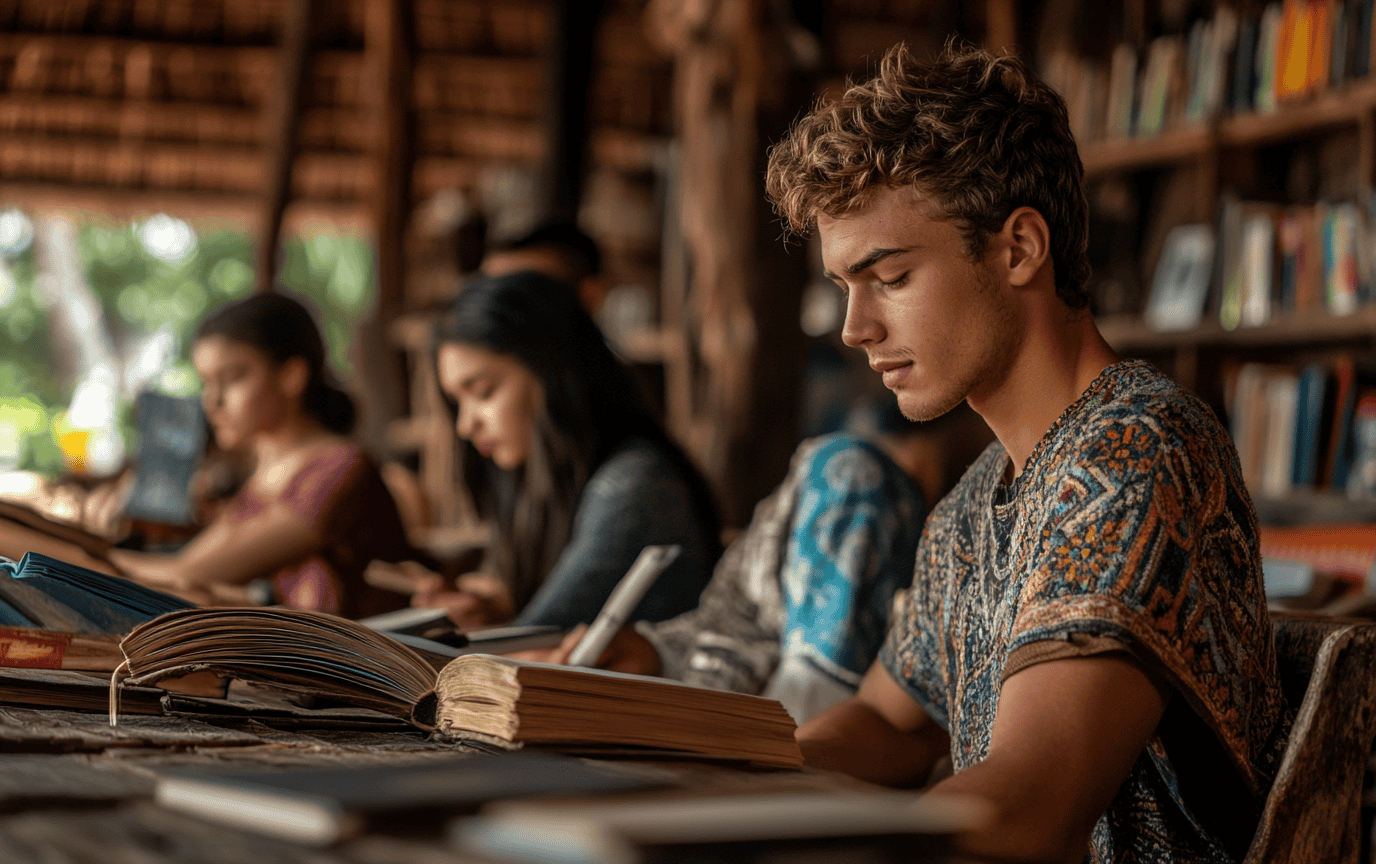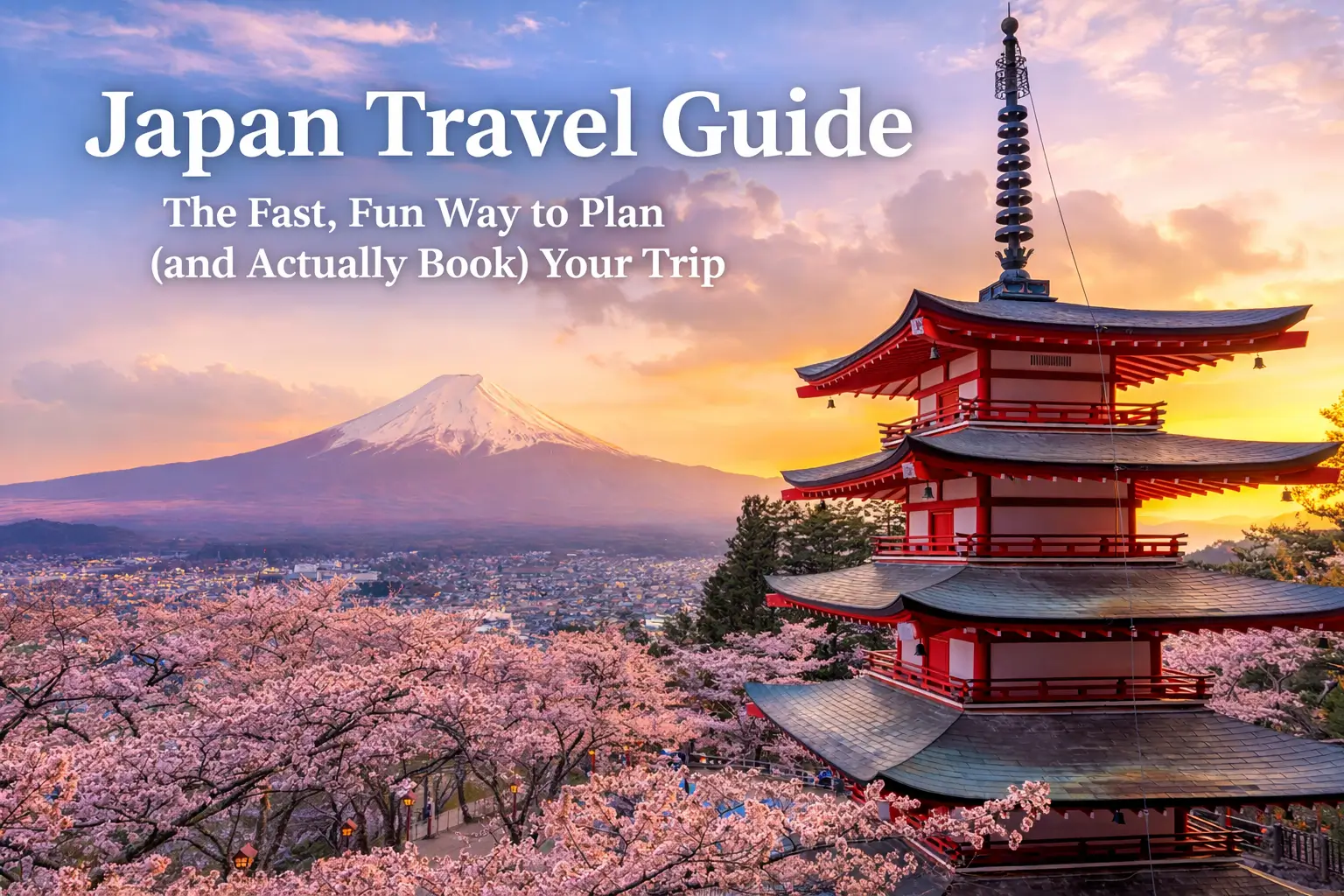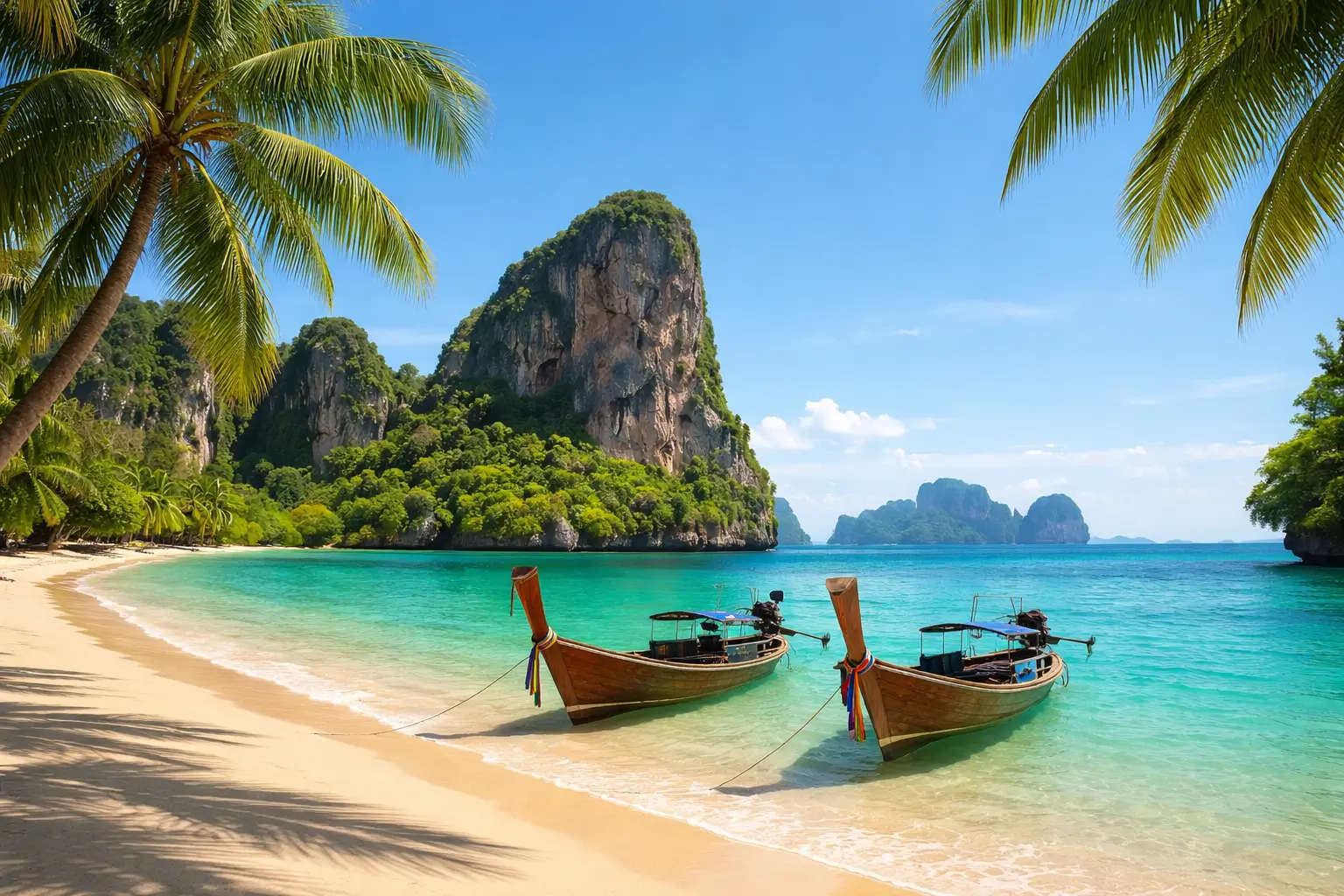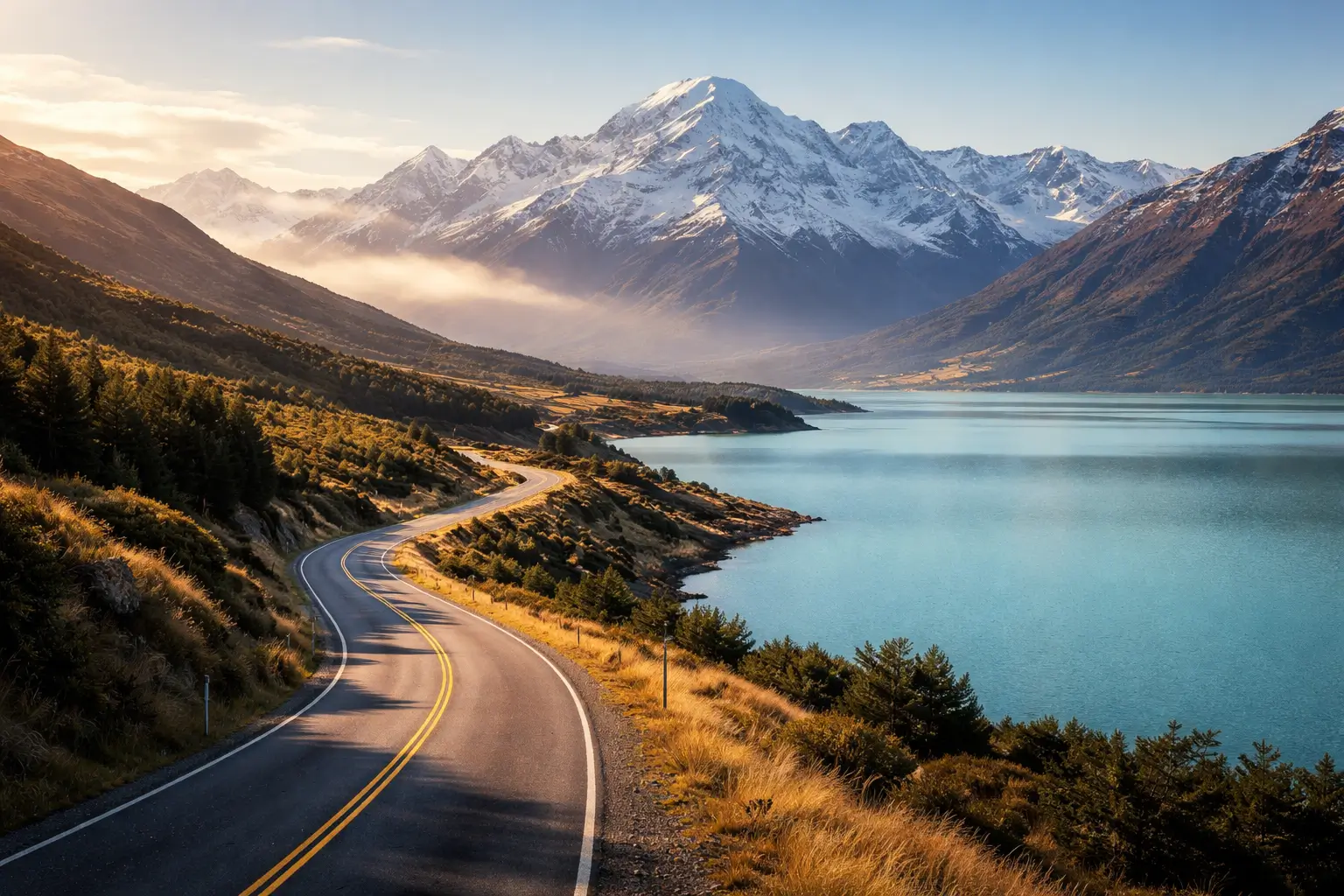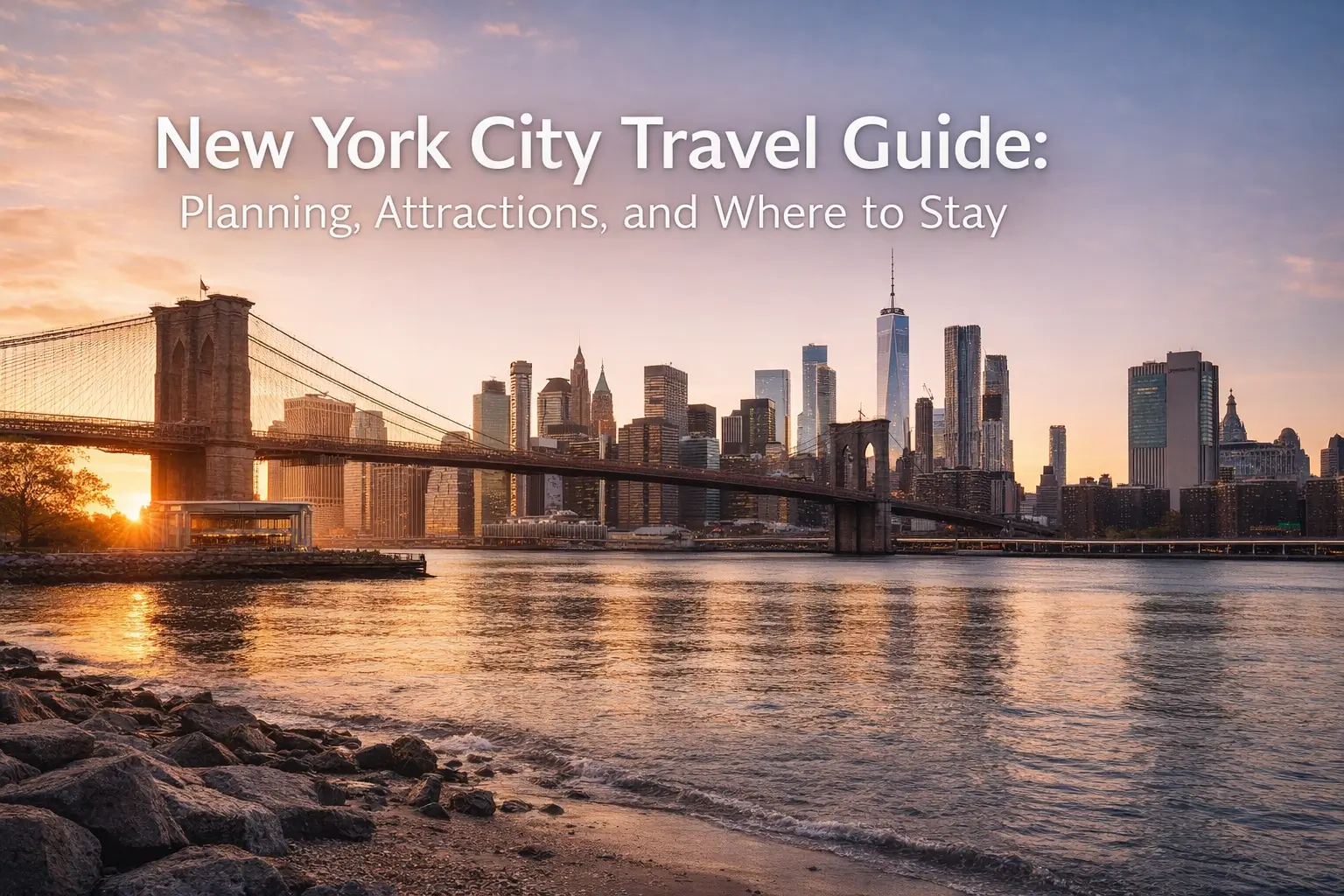Have you ever felt the thrill of wandering through cobblestone streets, knowing each step is steeped in history? Or looked out over a landscape that tells stories deeper than the horizon? Just like exploring new terrains, understanding cultural approaches to education reveals intricate patterns worth navigating. As we embark on this journey of learning styles, educational systems, and knowledge transmission, let’s pack our bags with personal anecdotes, eye-opening observations, and a sprinkle of humor. Travel, much like education, is a voyage through which we glean insights that can transform our understanding of ourselves and the world.
The Tapestry of History and Culture
When I first stepped foot in Kyoto, Japan, the air felt heavy with stories whispering from ancient shrines and tea houses. The culture around me wasn’t just a backdrop; it was a vibrant tapestry woven through centuries of history and tradition. This is the power of cultural approaches to education—they transform learning into an immersive experience.
In every corner of the globe, education systems reflect their unique historical narratives. For instance, while Finland’s progressive methods emphasize less formal instruction and more play-based learning, the British education system thrives on centuries of academic traditions, with an emphasis on rigorous curriculum and examinations. This stark contrast isn’t merely academic fluff; it’s a reflection of differing cultural values regarding knowledge transmission.
Consider the international baccalaureate (IB) program, which bridges various educational philosophies worldwide. It encourages students to explore global issues and challenges, emphasizing a broader, more integrative view of knowledge. In this system, embracing diverse learning styles becomes essential—a kaleidoscope that merges critical thinking with cultural literacy.
Yet, education isn’t solely confined to classrooms. It transcends into local customs and rituals, thus reinforcing the need for culturally responsive teaching (CRT). When teachers adapt their methods to reflect their students’ diverse backgrounds, they don’t merely instruct—they engage effectively. I recall a teacher in New York who brought in stories from her Pakistani heritage to help us relate to complex mathematical concepts. Suddenly, equations became tools to navigate our everyday lives, and knowledge turned into a shared experience.
Food and Wine: A Feast for the Mind
Anyone who has traveled knows that food is the window to the soul of a culture. If history is the backbone of education, then culinary traditions are the feast laid out on the table. They tell tales of migration, adaptation, and survival. Just as cultural competence encourages an appreciation of our rich differences, a culinary adventure can broaden your palate of understanding.
In Tuscany, standing in a sun-drenched vineyard, I marveled at how wine-making became synonymous with education. The concept of terroir—the unique characteristics imparted by the local environment—reminds me of the importance of cultural context in the learning process. Like wine, education flourishes best when it reflects its roots.
Have you tasted a spoonful of paella in Valencia? As the myriad flavors of saffron, seafood, and rice meld together, it becomes evident how intertwined culture and cuisine are. Similar to how a teacher might share local histories with students, these culinary masterpieces convey lessons of cooperation and community. Remember the last time you shared a meal? Those moments create knowledge transmission that goes beyond words—bridging generations with shared tastes and laughs.
For travelers seeking culinary insights, consider these lifehacks:
- Take cooking classes wherever you go—it’s like gathering local textbooks and learning by doing.
- Join food tours that blend lore with plates—think of it as an edible classroom where the atmosphere is just as rich as the dishes.
- Seek out local markets; they’re the universities of culture, packed with faces and flavors telling tales of heritage.
Lifehacks: A Traveler’s Toolbox
Let’s be honest—sometimes travel can feel like assembling IKEA furniture: exciting but equally bewildering. That’s where travel lifehacks come into play, and they might just save your trip from being a chaotic jumble of missing pieces.
When heading to a new destination, research the educational systems in place. Some countries place a strong emphasis on rote learning, while others prioritize critical thinking and creativity—a lesson for anyone passionate about learning styles. Knowledge transmission happens everywhere, so recognize how different environments affect learning outcomes.
- Traveling Light: Master the fine art of minimalism. Use packing cubes and roll your clothes. Not only do you save space, but you also ease the stress of searching through your bag.
- Local Networks: As you traverse new cities, don’t shy away from connecting with local education hubs, workshops, and community gatherings. They offer a treasure trove of knowledge beyond textbooks—insights that are lived, not just learned.
- Language Learning: Download language apps, but take it a step further. Join local language exchange meetups. You’ll engage with the community in ways that resonate much deeper than simple vocabulary drills.
Scenic Landscapes: Learning Beyond Borders
The world offers breathtaking landscapes—a visual curriculum that teaches us without a single word. Standing atop the cliffs of Santorini, overlooking the Aegean Sea, I couldn’t help but reflect on how breathtaking views can inspire learning. The world’s diversity spills over into unique individual insights, much like how varied educational systems yield different learning styles.
Every mountain, sunset, or valley tells stories of endurance, resilience, and adaptation. In the Andes, I witnessed how indigenous people utilized their knowledge of the land and climate to cultivate crops, creating an educational technique steeped in centuries of experience. The lessons learned from nature are not merely aesthetic; they call attention to respect, tradition, and sustainable practices in education.
As you plan your travels, consider these ideas:
- Venture into nature reserves or parks. They serve as open classrooms—sustainable practices and conservation methods abound.
- Connect with organizations dedicated to environmental education. Witness firsthand how cultural perspectives shape ecological understanding.
- Embark on road trips through regions decorated with a rich tapestry of scenery. Each landscape becomes a chapter written in the language of experience.
Conclusion: Setting Sail on the Voyage of Learning
Traveling is an educational journey; much like culturally responsive teaching, every trip transforms how we perceive both our own backgrounds and those of others. By navigating history and culture, indulging in culinary adventures, and embracing lifehacks, we deepen our understanding of human connection and knowledge transmission.
As you embark on your next journey—whether a trip abroad or an exploration of your own backyard—remember that education happens everywhere. Dive into local histories, savor the flavors that echo your journey, and share your experiences to enrich not only your own learning but also that of others.
So, fellow travelers, may your paths be lined with memorable encounters, rich lessons, and culinary delights that linger long after the meal is over. Safe travels!
Want to stay updated on the latest travel tips? Check out our Travel Tips section for the latest advice. Looking for lifestyle inspiration? Explore our Lifestyle category, and dive into amazing destinations at Destinations. Don’t forget to connect with us on YouTube, or follow our adventures on Instagram and Pinterest.
May your journeys continue to inspire, educate, and transform your view of the beautiful tapestry of our world.

